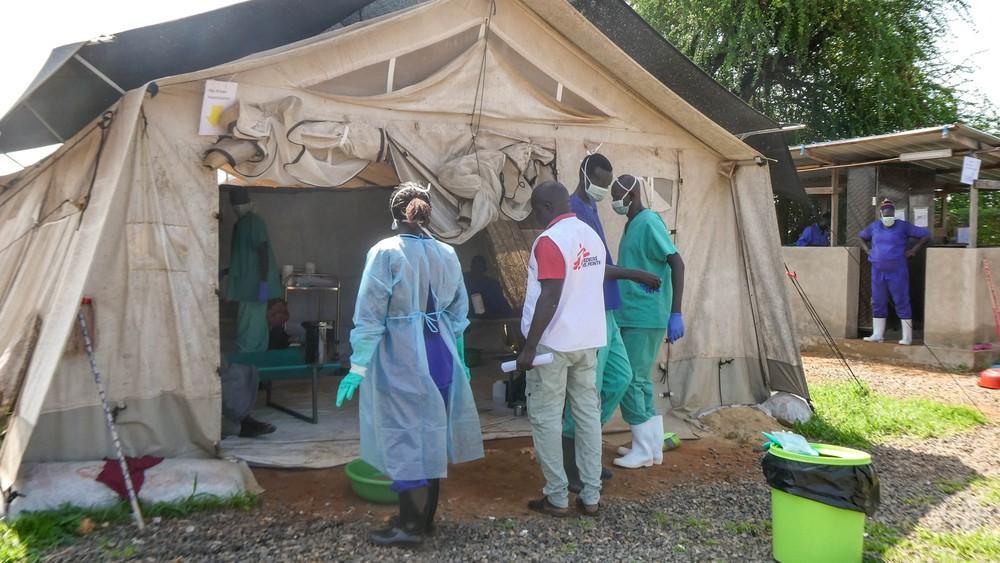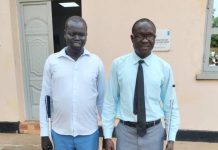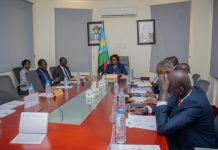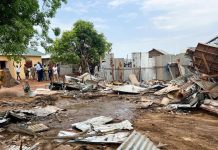Africa-Press – South-Sudan. Authorities in the Abyei Administrative Area are calling on South Sudan’s national Ministry of Health to intensify its response to what they describe as a catastrophic cholera outbreak, which has already claimed dozens of lives and infected over a thousand people.
According to Yohana Akol, Abyei’s Minister of Information, at least 24 people have died and more than 1,000 others have been admitted to health facilities with cholera in recent days.
The region is currently grappling with the outbreak amid vaccine shortages and a lack of public awareness infrastructure.
“We requested 600,000 vaccines, but what we received is very little—enough for only about 2,000 people,” Akol told Eye Radio on Saturday.
“That’s why we are urging the national Ministry of Health, despite the lack of resources, to double their efforts to help us with more vaccines. The situation is catastrophic in the area because of the cholera outbreak.”
The health crisis continues to escalate even after the arrival of a limited vaccine consignment last week from the Ministry of Health. Local health facilities remain overwhelmed, and the area still lacks adequate resources to contain the disease.
Akol also expressed concerns about the lack of communication channels, such as radio and television, as a contributing factor to the rapid spread of the disease.
“We are also appealing to NGOs and all concerned institutions—including the national Ministry of Information—to provide us with a radio station,” he said. “Because of the lack of awareness, cholera is spreading everywhere.”
He urged humanitarian agencies and government ministries to support the region not only with medical supplies but also with tools to help raise public awareness about hygiene, prevention, and treatment.
Cholera, a highly contagious bacterial disease, spreads primarily through contaminated water and can cause severe dehydration or death if not treated promptly.
The World Health Organization (WHO) has often emphasized the importance of vaccination, clean water access, and public education in preventing large-scale outbreaks.
For More News And Analysis About South-Sudan Follow Africa-Press






